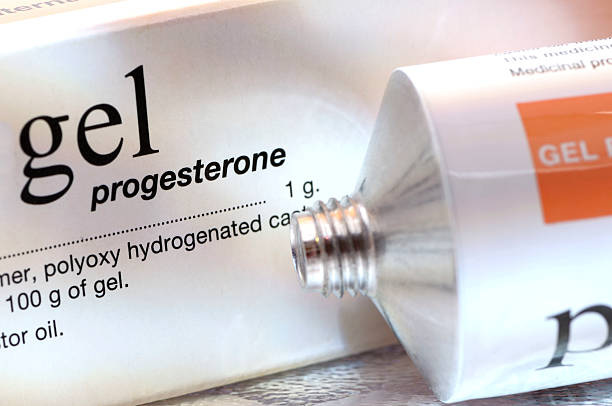I began this week planning to write an article about the benefits of progesterone for those who have a brain injury. Progesterone is a natural hormone associated with the menstrual cycle and pregnancy in women and is a precursor to testosterone in men. Related to brain injury, Phase 1 and 2 tests in two U.S. nationwide studies, as well as in studies in twenty other countries, showed that progesterone aids recovery for animals and select humans. Donald Stein of Emory University, who studied the effects of progesterone on TBI for two decades, mused in 2013, after these earlier tests proved successful, about the possibility that such a common, natural hormone could be beneficial in recovery from such a terrible injury. Recent studies have found that animals given progesterone repair brain cells and produce new cells more quickly. (Similar reports can be found on studies related to increasing estrogen after brain injury.)
Other studies, though, have found no such effect. For example, the New England Journal of Medicine cites a 2014 study that found that patients treated with progesterone had no more likelihood of a positive result than those treated with a placebo (50.4% and 50.5%, respectively). As the NIH notes then, the benefit of progesterone for brain injured humans is essentially impossible to determine because, “the trauma of individual patients [cannot] be controlled well in comparison with the animal model. The heterogeneity and variability of TBI [in humans, versus animal models who are given head injuries for the purpose of the study,] may be one of the important reasons.” The Emory study, for example, was stopped at Phase 3, after only 882 participants, “because safety monitors determined that additional enrollment would be futile.” (Again, similar results can be found related to increased estrogen after brain injury.)
Progesterone is only one example that shows such contradictory study results about possible brain injury treatments. Studies are similarly inconclusive as to whether brain injury can cause other problems, such as Alzheimer disease, or helped by new treatments, such as therapeutic hypothermia. In a column written in 2016 by the aforementioned Emory professor, Donald Stein noted that, “Each and every TBI drug that has reached late-stage clinical trials has failed. This 100 percent failure rate represents a huge human and economic cost.” As for that economic cost, “the NIH invests nearly $37.3 billion annually in medical research for the American people.” The majority of this money is given to universities, medical schools, and other research institutions, so paying for TBI studies that have a likelihood of failure may not seem prudent.
No one is saying to stop researching treatments for TBI. Millions of people rely on treatments that years ago seemed far-fetched, until research and testing was conducted. Additionally, the care for millions of brain injured people who were not provided the correct treatment would be far more costly than that of research.
(Yes, the progesterone studies are inconclusive. However, eating foods containing progesterone is never a bad idea. So, make sure to have some cauliflower, nuts, or a pumpkin pie.)

